The Tiny Protector: A Reversal of Roles on a Concrete Throne

The midday sun beat down mercilessly on the city street, a relentless heat mirroring the relentless pressure of poverty. Against the rough, unforgiving surface of a brick pillar, a young woman—likely Aisha, her face etched with the exhaustion of ceaseless struggle—slumped into a moment of desperate rest. Her body was heavy, her eyes closed, seeking the briefest respite from the relentless, grinding hardship of homelessness or deep poverty.
Her quiet grief, however, betrayed her attempt at rest. A silent tear escaped her closed eye, tracing a path through the dust on her cheek.
Yet, in this raw moment of profound vulnerability, the traditional roles of parent and child were profoundly reversed.
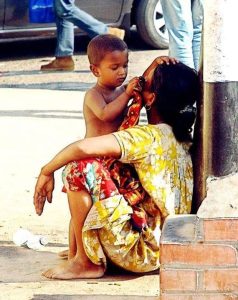
The Unconditional Comfort
Beside Aisha sat her small, shirtless son, Rami, barely four years old. Unburdened by the complexities of adult worry, but acutely attuned to the emotional state of his mother, Rami sensed her pain with an innate, pure empathy.
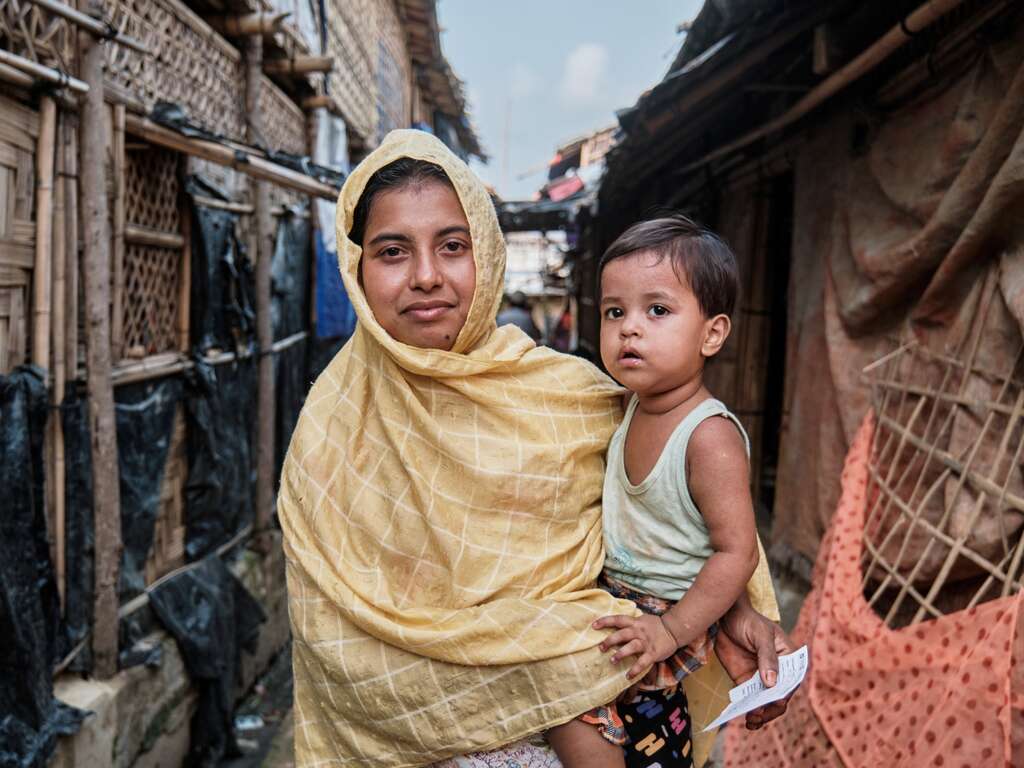
He didn’t speak or cry. Instead, he became the caregiver. His tiny hand reached out, gently cupping her face. He then carefully pulled the vibrant, colorful scarf that was draped over her shoulder. With a concentration far beyond his years, he tenderly wiped the tear from her cheek. He followed the path of her sorrow, carefully wiping both tear-filled eyes.
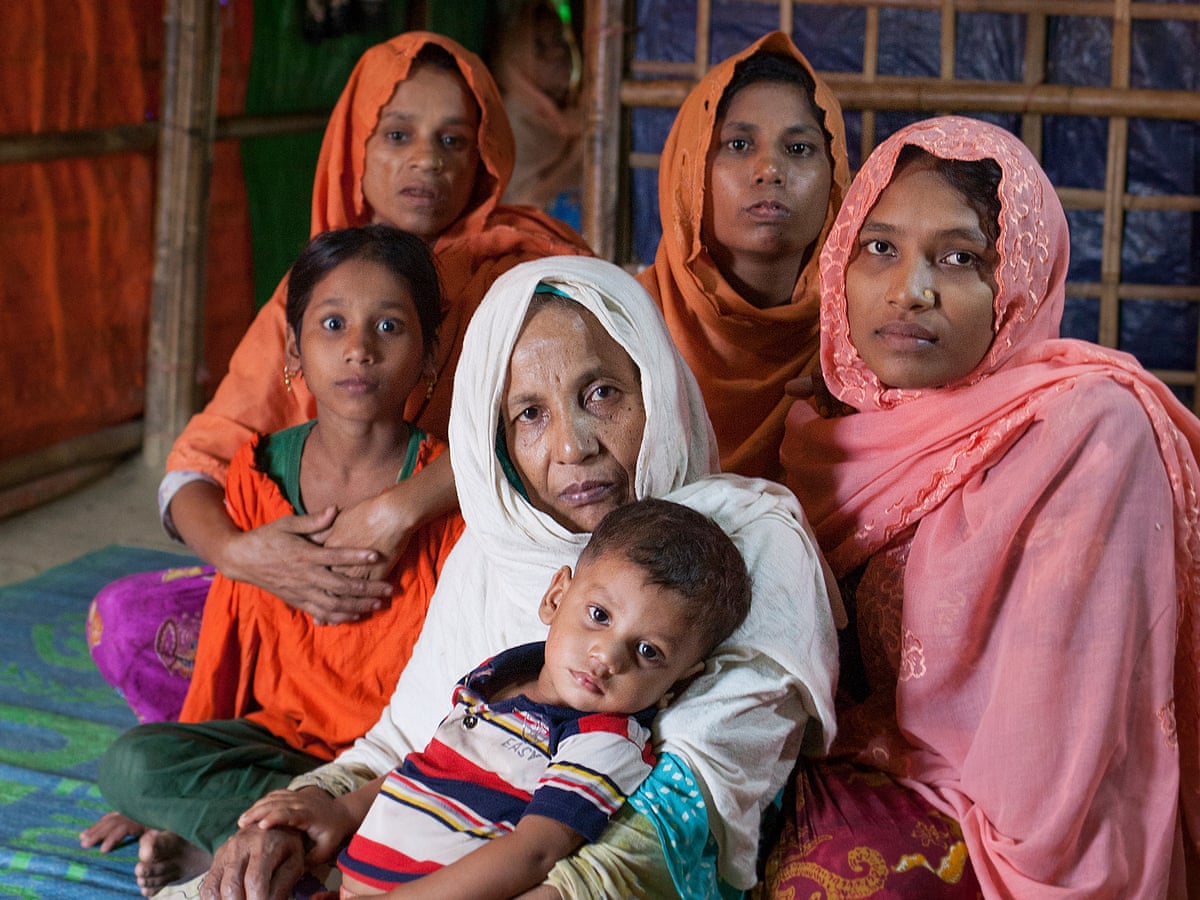
This tender scene is a profound, raw depiction of unconditional love. Rami, despite his young age and lack of worldly resources, was offering the purest form of comfort he could provide: his presence and his gentle touch. He was her tiny protector, her small beacon of hope in a world that had dealt her an unimaginably tough hand. He was telling her, without a single word, that she was not alone.

Love’s True Direction
This moment, captured by an unseen witness, is heartbreaking in its context yet powerfully moving in its content. It proves that love and compassion flow in all directions, often transcending the traditional parent-child dynamic.
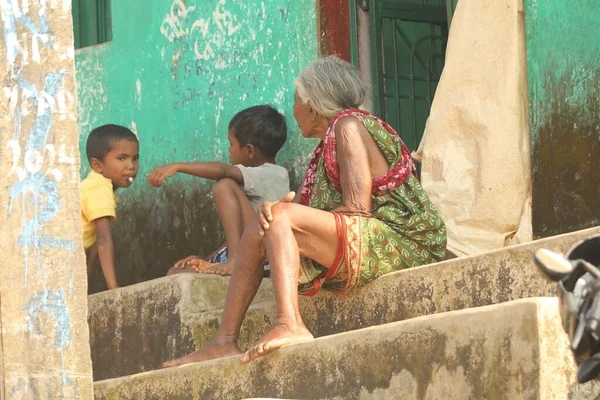
Aisha had given Rami life, and now, in her moment of weakest need, he was giving her strength back. He was embodying the very lesson she had taught him through her tireless effort to survive: mutual devotion and quiet strength amidst adversity.

Their picture stands as a stark, beautiful reminder that wealth does not determine the richness of connection. In a world defined by the hustle and the scramble for material survival, their silent exchange speaks volumes about the enduring human spirit. They are poor in possessions, but their hearts are rich with the kind of love that can mend the deepest wounds.
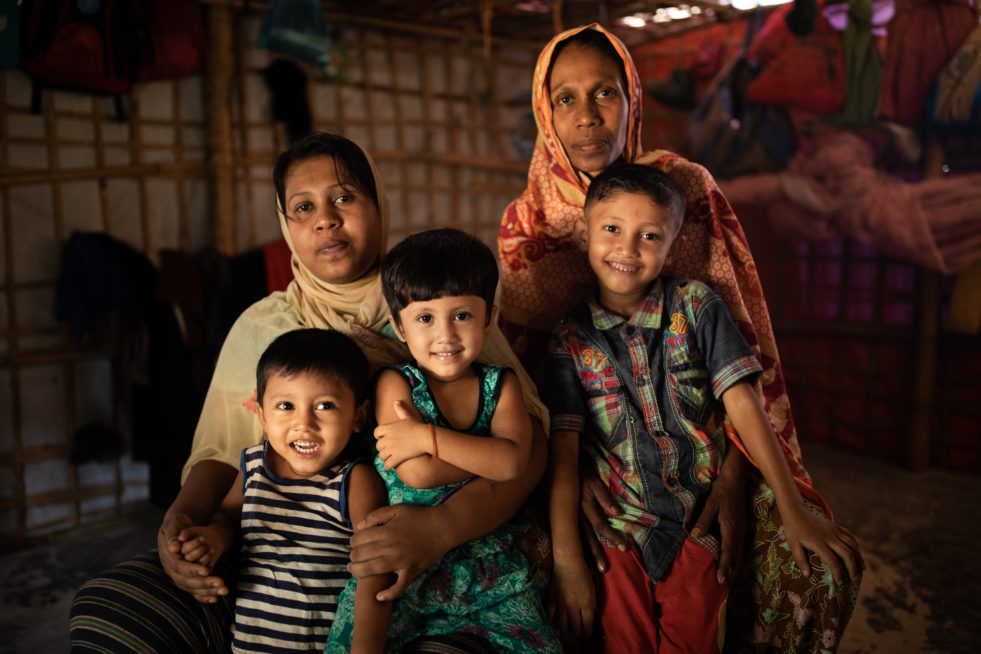
Rami’s gentle hand and Aisha’s brief moment of rest encapsulate the powerful truth: when life takes everything else, the most important thing we have left is the love we give and receive.